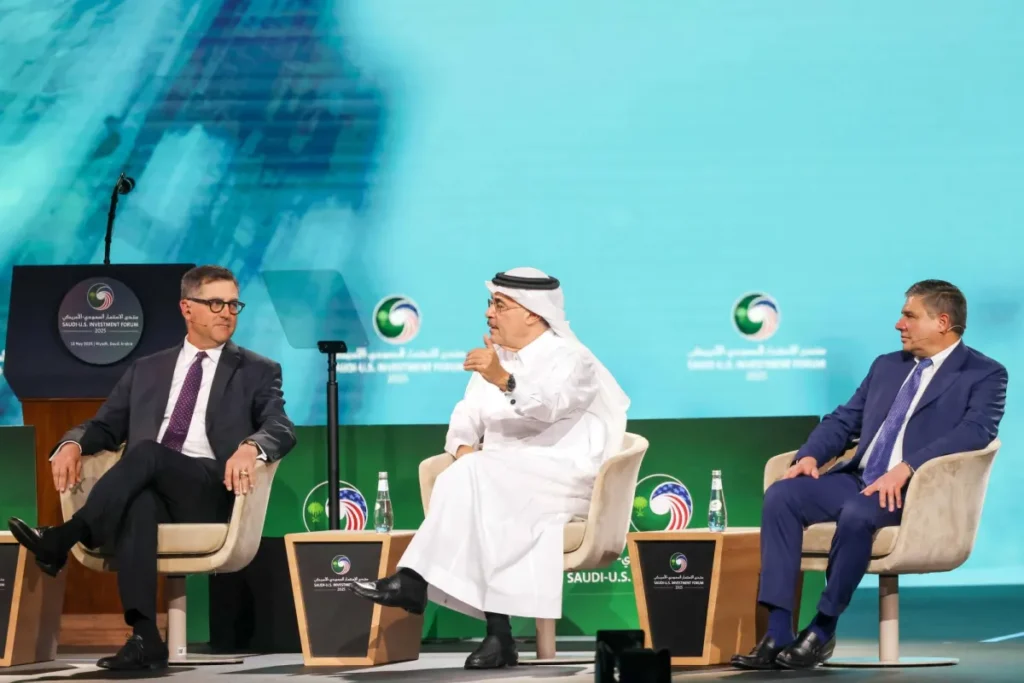Boeing has positioned its F-15EX fighter jet as a cornerstone of its strategy to support Saudi Arabia’s growing defense sector and ambitions for self-reliance as the Kingdom moves to localize over half of its military spending under Vision 2030.
The US aerospace giant said the F-15EX offers not only a cutting-edge combat platform but also an opportunity to build a fully integrated local industrial base, including manufacturing, maintenance services, knowledge transfer and training of Saudi talent.
The F-15EX is one of the most advanced fighter aircraft in the world, said Rob Novotny, the Executive Director of F-15 Business Development at Boeing’s Air Dominance Division, in exclusive statements to Asharq Al-Awsat.
The company is looking to work closely with Saudi partners, particularly the Saudi Arabian Military Industries company (SAMI) to localize production and technical support within the Kingdom, revealed Novotny.
Speaking on the sidelines of a visit by US President Donald Trump to Riyadh, Novotny said the F-15EX offers a significant leap from earlier variants of the aircraft. It is equipped with an advanced AESA radar, a next-generation electronic warfare suite and digital flight controls that enhance maneuverability and operational efficiency.
Designed to meet the demands of next-generation warfare, the F-15EX is compatible with both manned and unmanned systems and can carry up to five times the ground-attack munitions and six times the air-to-air missiles compared to previous versions, he said.
The F-15EX delivers a combination of high performance, extended range and up to 50% lower operating costs compared to other fighters, making it a strategic and economic choice for air forces looking to modernize their fleets, Novotny explained.
He moved on to highlight that the F-15EX shares around 95% compatibility with the current F-15 models used by Saudi forces, allowing for a seamless integration that reduces the need for major new training programs or support infrastructure.
Boeing sees this as a key advantage for the Kingdom as it modernizes its air capabilities without disrupting existing operations.
Beyond aircraft delivery, the company is positioning itself as a long-term partner in Saudi Arabia’s military transformation. It is working to establish sustainable local capabilities through technology transfer, simulation-based educational programs, and advanced technical training for Saudi personnel.
These efforts are supported through collaboration with the state-owned SAMI, with projects already under way to localize production, maintenance, and upgrades of the F-15EX within the Kingdom.
Boeing also plans to double production of the F-15EX by 2026 to meet rising global demand, with Saudi Arabia expected to be among the first to benefit from the expanded capacity.
The company views Saudi Vision 2030 as a strategic framework for long-term cooperation. Boeing aims to expand its industrial presence through enduring partnerships focused on technology transfer, job creation, and the localization of defense capabilities, positioning the F-15EX as a flagship example of advanced military integration between the two sides, Novotny added.



